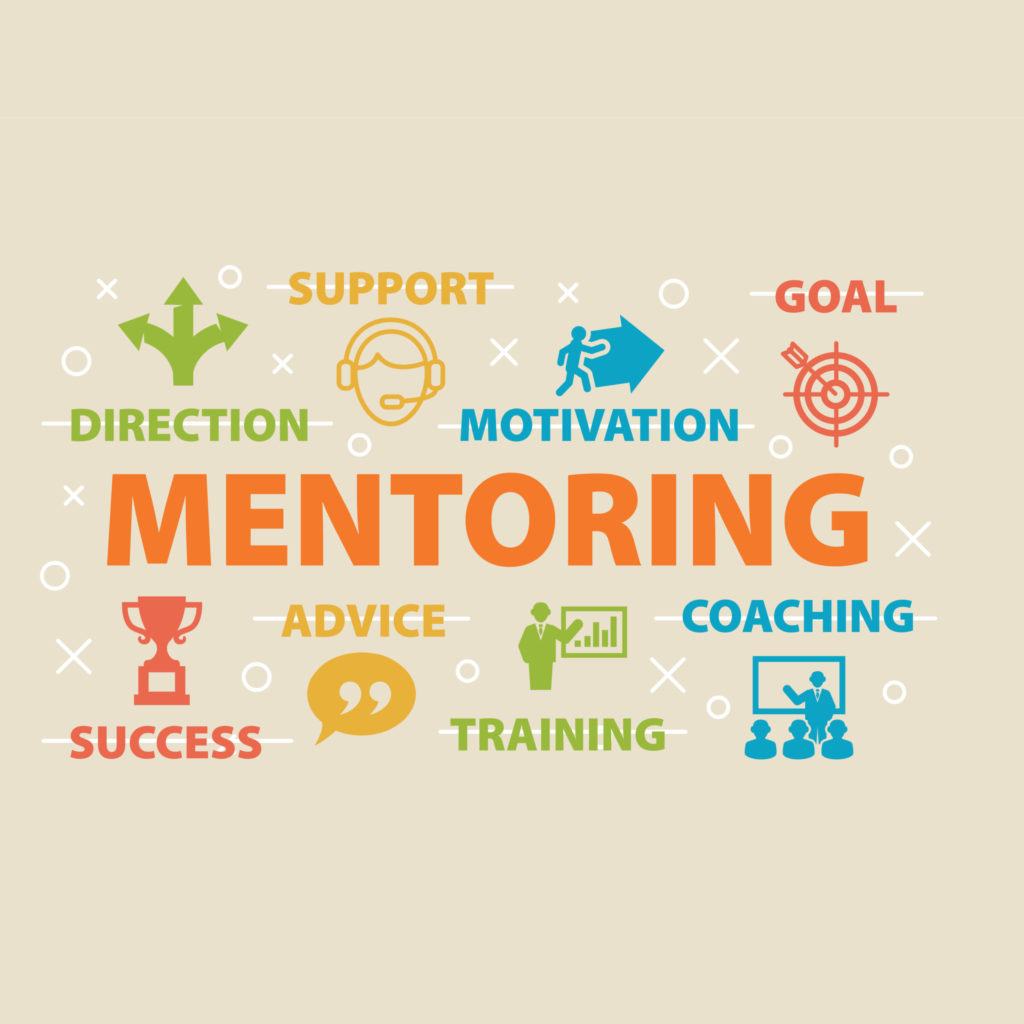Our peer volunteers are ready to mentor and serve as a positive role model for your child.

Observational studies have indicated that children with Down syndrome have less well-developed peer networks even in comparison to a mental age matched group of typically developing children.(1)
Having a positive and motivating peer serve as a role model and mentor for your child can be extremely beneficial. Videoconferencing with a peer mentor from home can provide a safe space where your child can relax and chat about any issues or topics. In addition, when encouraging messages are reinforced by peers rather than adults and parents, it is exceptionally validating and encouraging and can help increase self esteem and confidence. Perspective taking and empathy are also important skills that can be gained through mentoring relationships. If your child is rigid is not open to new experiences, having a peer share other viewpoints can help broaden horizons and perspectives that they may not have otherwise gotten. Of course, children with Down syndrome also practice conversations and social skills in this process.
We seek volunteers who are mature and empathetic to serve as a mentor. Because they all volunteer their time, they are genuinely interested in making a difference and often get as much out of the experience as the self advocate.
(1) Guralnick, M.J., Connor, R.T., & Johnson, L.C., Home-Based Peer Social Networks of Young Children With Down Syndrome: A Developmental Perspective. Am. J. Intellect Dev. Disab., 2009, 114(5): 340–355. oi: 10.1111/j.1468-3148.2010.00619.x